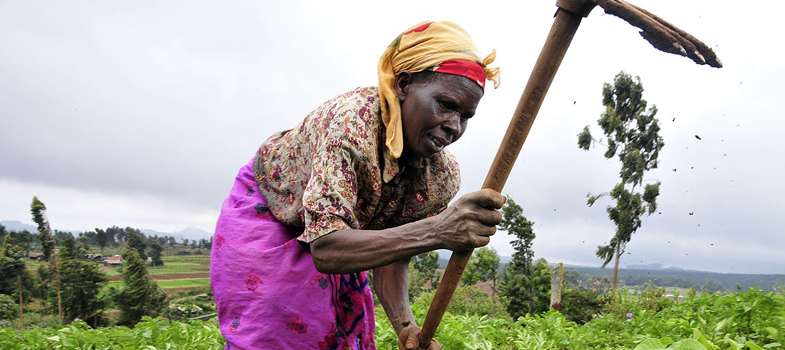2.2 What is meant by resilience?
We all have a common sense conception of resilience. However, there is debate about it as a concept, as well as about what constitutes resilience when it comes to co-operatives.
Activity 3 Defining resilience
Before continuing, you might jot down what you think the general characteristics of resilience are, and what they might be in the case of co-operatives. Then review your notes in the light of the following discussion.
Discussion
Borda-Rodriguez and Vicari (2013a) carried out a review of literature on resilience, which you may be familiar with now. They identified the following characteristics:
- The capacity to absorb stresses and shocks and maintain core functions.
- The ability to adapt to new situations (sometimes called ‘adaptive capacity’), although it is pointed out that adapting in one situation or context might lead to stresses and strains in another part of an organisation or network or location.
- Anticipating what might be coming – looking and planning ahead.
- Seizing opportunities and putting oneself or one’s organisation at an advantage (which suggests that people and organisations need to have access to information about what’s possible).
- Being able to cope with risk and uncertainty.
- Linked to this point, reducing vulnerability and enhancing capabilities.
Here is it worth quoting the working paper directly. Take a few moments to absorb and reflect on the following paragraph:
The potential to adapt is better understood in the light of the capability approach developed by Sen (1999) who defines development as the expansion of people’s freedom and capabilities and their freedom to ‘lead the kind of lives they value and have reason to value’ (ibid: p. 18). Here this potential to deal with uncertainty can be conceptualised as the capability to face risks and insecurity. This capability depends in turn on the conversion of people’s endowments (monetary, capital, physical, human and social ones) through their entitlements to call on these resources (Adger and Kelly, 1999) and social opportunities (i.e. participation in the market, public policy and civil society) (Lallau, 2008) as well as on the whole spectrum of human capabilities enjoyed by people, such as education and healthcare (Burchi and De Muro, 2012).
With this discussion in mind, what then is meant by co-operative resilience?
2.1.1 Innovating for resilience in the Ugandan co-operative movement
